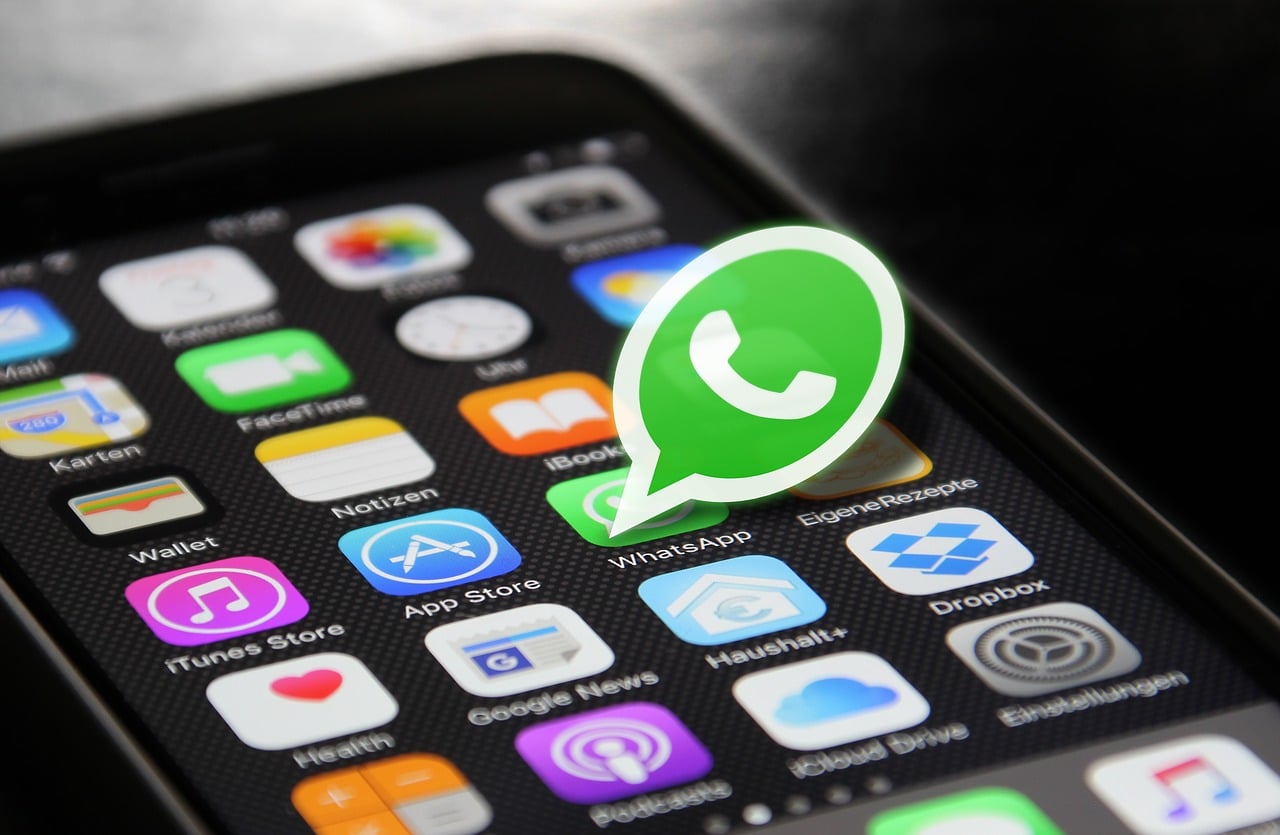Facebook is now finally ready with a plan to monetize WhatsApp, the messaging service that it acquired four years back for a whopping $22 billion. After surprising investors last week by revealing that the company might witness a single-digit decline in revenue growth for the rest of the year, the social networking giant – on Wednesday – stated that WhatsApp will now generate revenue.
WhatsApp Business – part of Facebook’s broader strategy
Announcing its plans to monetize WhatsApp, Facebook in a blog post said: “We’re introducing a solution for businesses that require more powerful tools to chat on WhatsApp and a new way for people to quickly start a WhatsApp conversation from an ad on Facebook.”
Head of technology research at GBH Insights, Daniel Ives, stated that the social networking giant has been working on plans to monetize WhatsApp for quite some time. Over the past few months, the social networking giant has been testing a “WhatsApp Business” tool with over 90 companies, including names like Uber and Singapore Airlines.
“I think this has been in the works for a while — I obviously can’t speak to specific timing — and it is in line with the company’s broader strategy of pulling different growth levers. There’s a potential tailwind from WhatsApp, Messenger, and Instagram, which is obviously front and center,” the analyst said, according to MarketWatch.
Plans to monetize WhatsApp
As of now, companies can use the WhatsApp chat feature for free, given they respond to the customer’s message within 24 hours. In case they exceed the time limit, the company would need to pay a fee to WhatsApp. The service would charge a fixed rate, ranging from about half a cent to nine cents per message, according to the WhatsApp spokesperson.
WhatsApp users send around 60 billion messages a day, but of that, only a small percentage is between companies and their customers. To promote more of such interaction, WhatsApp will now allow the companies to contact their customers and sell ads on Facebook’s other properties to let users know of their WhatsApp presence.
Further, ads for the WhatsApp status, a feature similar to Instagram and Facebook stories, would roll out in 2019. Also, companies will be allowed to put a link of their WhatsApp chat on their website, or pay Facebook to promote their chat via ads. Advertisers will have the option to purchase WhatsApp ads through Facebook’s self-serve ad tech, but the company is yet to comment on how the ads would be priced. Currently, the Facebook ad system uses bidding technology to determine the price of the ads.
Messages will be encrypted end-to-end, and people would have the power to block the business if they wish to. The social networking giant plans to deploy new tools to more businesses, with focus on the companies with a strong need to manage customer communications.
Alternative revenue streams
For the second quarter, Facebook missed the estimates on revenue and global daily active users (DAU) owing to the data leaks and fake news scandals. Shares took the beating as well, plummeting 24% after the earnings report last week. Revenue came in at $13.23 billion against the consensus estimate of $13.36 billion. Global DAU were reported at 1.47 billion compared to 1.49 billion expected by the analysts.
Although standalone global DAU rates for Facebook increased 11% year-over-year with growth witnessed in India, Philippines and Indonesia, it was still below the estimates. In the European region, the DAU was down as well probably due to the General Data Protection Regulation (GDPR) – the set of regulations that gives users more control over their online data.
During the second-quarter earnings conference call, the social networking site guided lower revenue and operating margin growth. However, there is a fair chance for the company to grow with its other apps. Facebook stated that 2.5 billion people were using at least one of its family apps including Instagram and WhatsApp.
Allowing people to click on a Facebook ad to get a WhatsApp business chat would boost the probability of more businesses buying advertising. Additionally, charging for customer service would also provide additional revenue. The company has added similar customer service and other ads on Messenger.
Similar to WhatsApp, another Facebook-owned social app – Instagram – also has over one billion monthly active users. Facebook, however, never detailed the revenue contribution from Instagram. Instagram sales are largely made of advertisements similar to the core Facebook.com app. Analysts expect revenue from Instagram to be between $10 billion to $16 billion for 2018.





